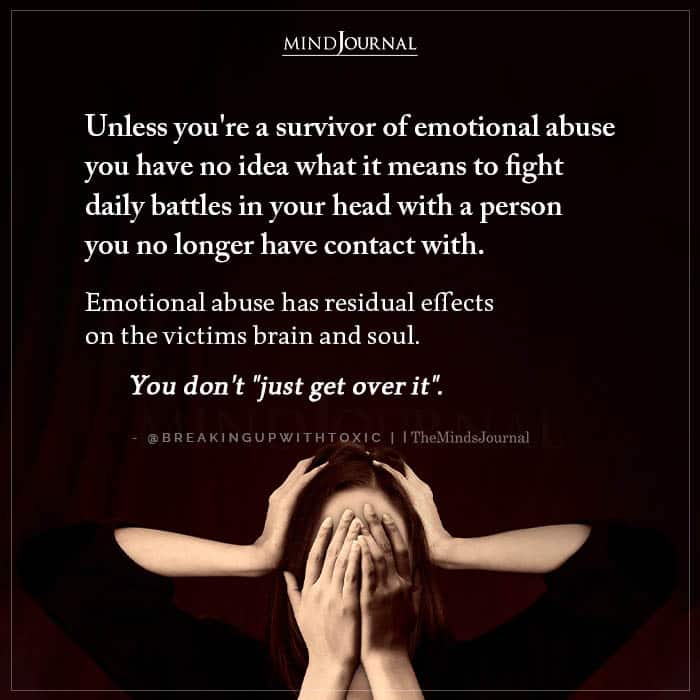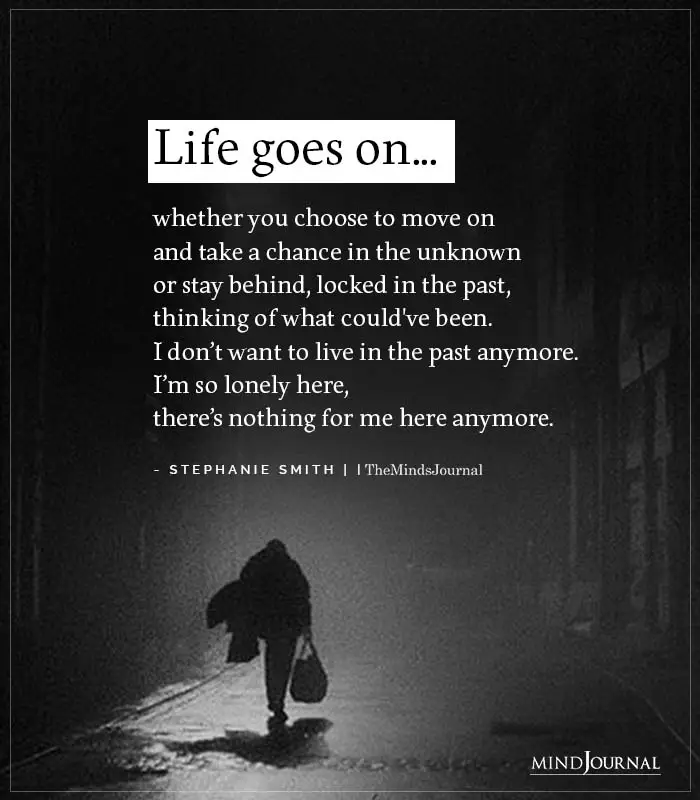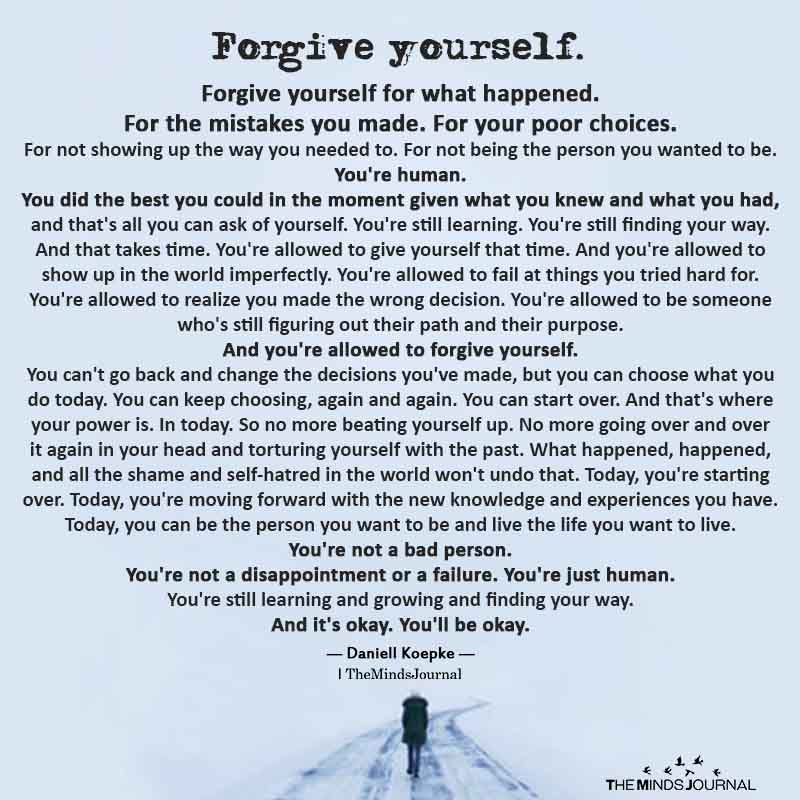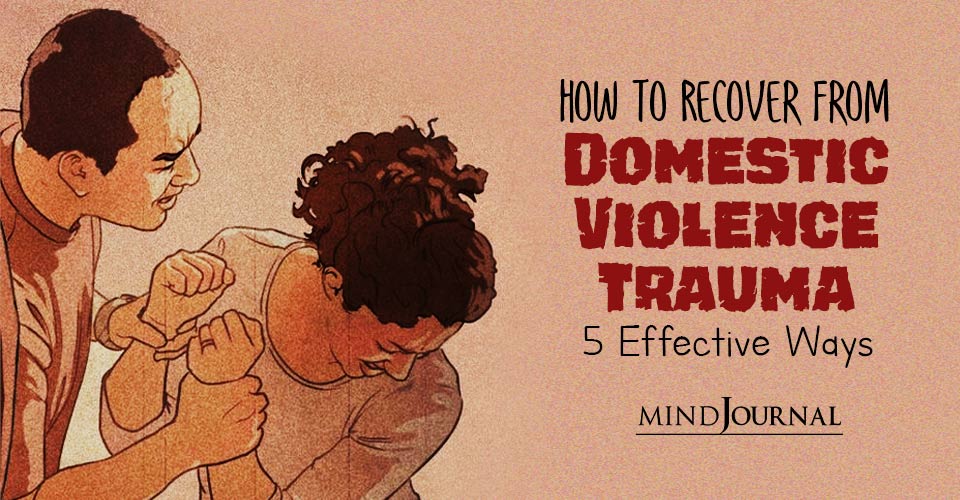It may take a while to recover from domestic violence trauma and to reach a place of feeling at peace, here’s what you need to do. Below are five effective ways to recover from domestic abuse.
You turn to your friends and they tell you sweet things. They call you a survivor, they call you brave. Rationally, you know that they’re honest. You know that you’ve been through things so messed up that normal people can’t imagine them.
And yet… you still feel broken. Tired, and lost and worthless in the face of this new opportunity you got, the one you don’t always feel like you deserve.
Related: How Abusive Relationships Trap us Into Not Leaving
Your suffering has been overlooked, excused, and covered up for so long that you’re no longer sure what’s real and what isn’t, you don’t know how to function in normal conditions. But darling here’s something that you need to know – it’s okay to unravel.

You’re going to be okay. You’re going to be okay even if you still cry yourself to sleep. Even if you can’t remember the last time you felt good, or confident, or beautiful. Although it’s only a small step to recovery, we’re here to offer some advice if you still feel lost and afraid.
How To Recover From Domestic Violence Trauma: 5 Effective Ways
1. Ignore judgement
Well if it was abusive, why didn’t you just leave? I don’t see any bruises on you, are you sure you’re not just crying for attention? These girls today, they don’t want nice guys, they only want jerks that beat them and mistreat them. Men can’t be abused, you’re just weak. Any of these sound familiar?
People judge what they don’t know, and if they haven’t faced the trauma of domestic abuse themselves, it’s easy to point fingers. You will face some negativity, but you need to know that these people are not the majority, and even if they were, they aren’t right. Most of them are well-meaning but confused, and they will all have opinions that should in no way demean your experience.
Related: How Abusive Relationships Trap us Into Not Leaving
It can be very hard for mothers who leave their abusive husbands because they are perceived as bad parents who broke the family apart. Look, these people don’t know you, they haven’t been in your shoes, and they get no say. If they don’t want to be kind and understanding, then you have every right to ignore them.
2. Protect yourself
Domestic abuse isn’t limited only to physical violence, and it happens to more people than you can imagine. Chad takes the first place as the country with the highest rates of domestic violence, but it also happens in a lot more developed countries like the US and Australia. In Australia however, the violence against Indigenous women is 40% higher than against non-Indigenous women.

Related: 6 Signs Your Partner Isn’t Infatuated or in Love But is Obsessed and Emotionally Abusive
The point is, this is a common problem and a lot of people are working hard to fix it. You need to protect yourself, and to do that, you need to find survivor support groups, surround yourself with friends and family, and make sure you have a good attorney in case you are trying to divorce your abuser. Good family lawyers are easy to reach, but the rest of Australia has a lot of professionals as well.
Most countries in Europe and the US have their own systems in place, and you can find shelters if you have nowhere to go, or find a lawyer who does pro bono cases and see if they can take you on.
3. Change your coping strategies
If you’ve been suffering from the trauma of domestic abuse for a long time, it’s likely that your perception of what’s right and what’s wrong has changed. You are traumatized and scared, and your every sentence tends to begin or end with “I’m sorry.” You’ve learned how to be silent and unobtrusive, you’ve learned to never speak your mind, to submit.
Related: The Five Stages Of Grief: Exploring The Kübler-Ross Model
Anything just so you wouldn’t provoke the rage of your abuser. Your mind will need time to realize that abuse isn’t the default state of things, that the way you’ve been treated is unacceptable. Take small steps and start talking about what happened. And if you’re not ready for that, just start talking, about anything. Speak your mind, you no longer need to be silent.
Rediscover your dreams and passions and work on them. Learn about things you always wanted to learn and focus on healing.
4. Surround yourself with good people
Abusers seek to dominate over us whether through emotional manipulation, violence, or threats. They isolate us from our loved ones, from everyone who could have maybe been there for us. You need to reconnect with your family and friends, and bring good, kind people back into your life.
Related: Recovery From Abusive Relationships. How Long Does It Take?
They will provide support, and they can be a voice of reason in moments when you don’t know what to do. They can give you comfort when you feel weak and help keep your abuser as far away from you as possible.
5. Forgive yourself

The hardest step to take, and the most important one. Things that happened weren’t your fault. No matter how many times you burned the dinner, or forgot to do a chore, or said something silly. No one has any right to abuse you, and there is no excuse for what has been done to you.
Related: Understanding The 4 Stages Of Forgiveness
They told you that you aren’t worth it, that no one else will love you, that you’re stupid and wrong and useless, but they were talking about themselves. You are none of these things, and only impotent, mean, petty people could say something like that. You need to forgive yourself to move on, you need to learn how to love yourself and all that you are.
Every time you want to regress to that state of insecurity, remember that your life is back in your hands, they can’t hurt you anymore, and you are stronger than they could ever be.
You’ve made the right choice. You doubt that, but you’ve made the right choice. Life didn’t magically become easier, and it won’t for a while, but you’ve given yourself a chance to make it better. You are going to be okay.
So, ready to start the journey of recovery from the emotional trauma of domestic violence abuse? Leave your thoughts in the comments and feel free to share the article with your friends.












Leave a Reply